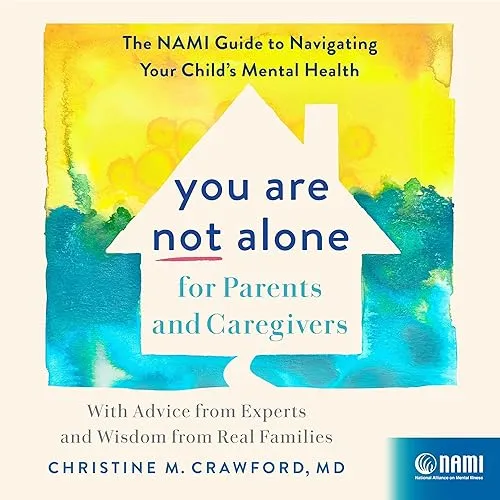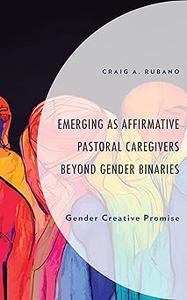
Free Download You Are Not Alone for Parents and Caregivers: The NAMI Guide to Navigating Your Child’s Mental Health-With Advice from Experts and Wisdom from Real Families (Audiobook)
English | ASIN: B0D7WFYSFH | 2024 | 14 hours and 42 minutes | M4B@64 kbps | 423 MB
Author: Christine M. Crawford
Narrator: Christine M. Crawford, Inger Tudor
A growing number of children and teens in the U.S. are struggling with mental health conditions, but parents, teachers, and other caregivers are often at a loss when concerns arise for their own child. Are your preschooler’s constant tantrums typical for their age, or an indication of a developmental difficulty? Is puberty or depression to blame for your pre-teen’s challenging behavior? Is my child in the wrong school, or being influenced by the wrong friends? Am I a bad parent or teacher, or am I overreacting? What exactly should I do? In You Are Not Alone for Parents and Caregivers, child psychiatrist and NAMI’s Associate Medical Director Dr. Christine M. Crawford provides a comprehensive, compassionate, and practical resource for anyone concerned about a child’s mental health. Drawing on her own clinical experience and guidance from leading experts, Dr. Crawford provides a lens through which to understand the many complex factors affecting children’s mental health. Analyzing young people from preschool to high school, she shares insights into how mental health conditions may manifest at different ages, what kind of interventions may be necessary, and what to do to help kids thrive. Throughout, the book channels the collective wisdom of the NAMI community. Parents, caregivers, and young people themselves share personal stories about their paths to recovery, ensuring readers know that they are not alone.


